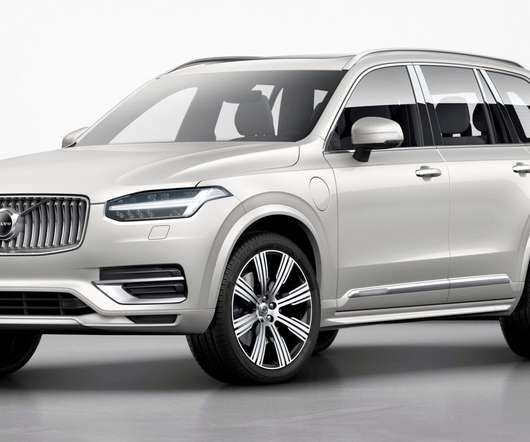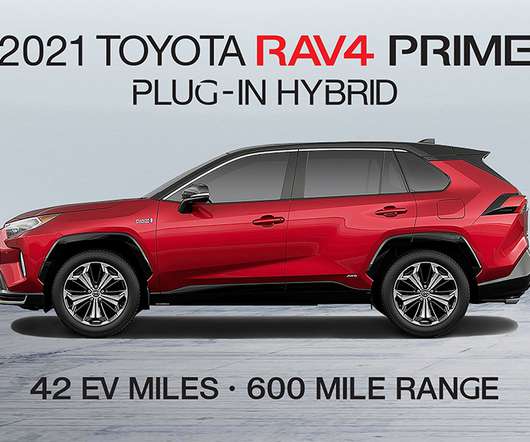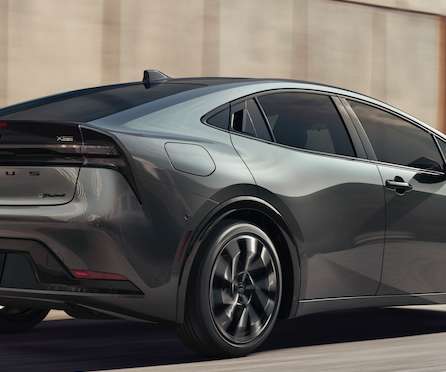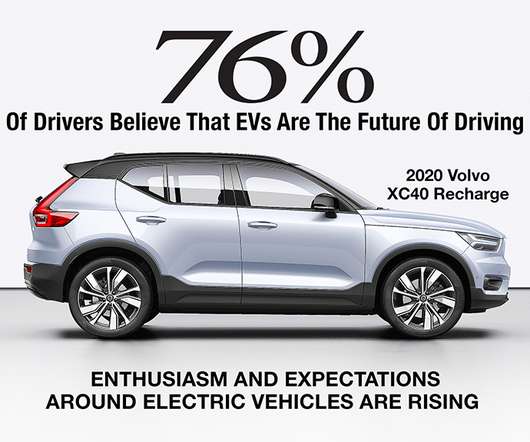DOE proposes revising procedures for calculating petroleum-equivalent fuel economy of EVs for use in CAFE calculations
Green Car Congress
APRIL 12, 2023
The US Department of Energy (DOE) is proposing a significant revision in its procedures for calculating a value for the petroleum-equivalent fuel economy of EVs for use in the Corporate Average Fuel Economy (CAFE) program administered by the Department of Transportation (DOT). Background. Proposed PEF.




































Let's personalize your content